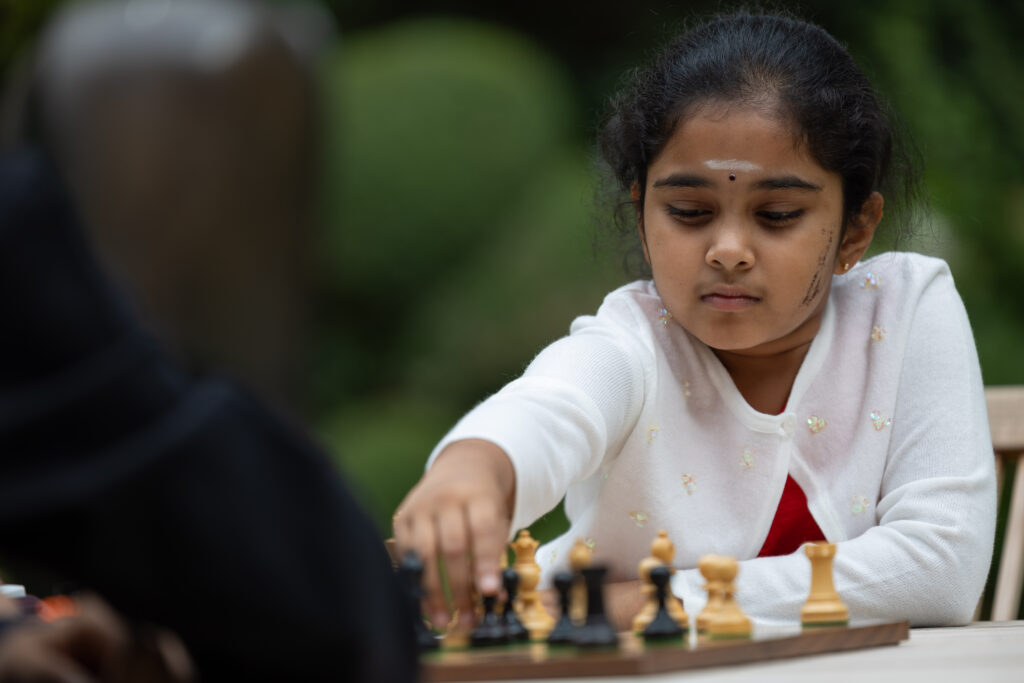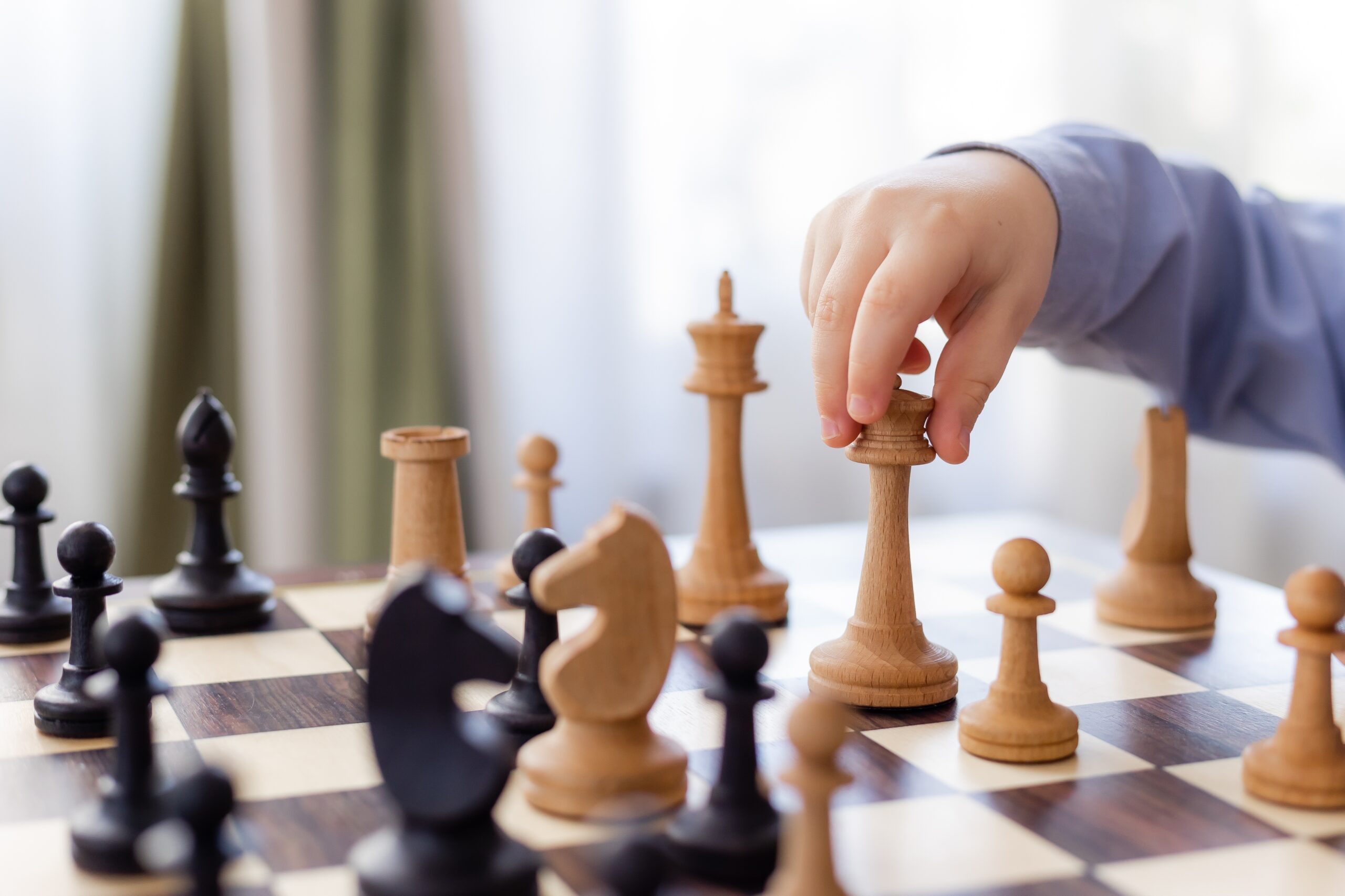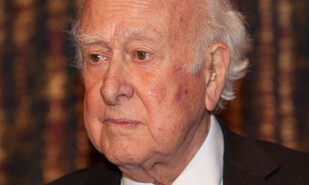Chess for a new generation: why teenagers are choosing the game of kings again
Bodhana Sivanandan, an ten-year-old Londoner, has burst into the world of chess with the ease that of an artist picking up a paintbrush. At the recent European Championships, she confidently outplayed adult opponents, leaving Britain’s intellectual elite on the verge of admiration. But behind this victory lies not a child’s lucky break but hundreds of hours of painstaking training at the board during lockdown isolation. Already, Bodhana has become a living symbol of how persistence and creativity can emerge in the most ordinary circumstances.
Chess is once again drawing in young people not because of a fleeting interest in “intellectual hobbies” but thanks to the special atmosphere of clubs where questions like “Why?” and “What if…?” are prized. In Madrid’s Delicias Chess Club, where famous games are analysed on the walls, children’s laughter mingles with quiet discussions of strategy, and coaches act not as strict instructors but as attentive guides through the mysteries of the 64 squares. A similar vibe prevails at Hammersmith Chess Club in London, where popular open-evening sessions allow newcomers to seek advice from grandmasters without fear of seeming “underprepared.” In these spaces, rankings and prizes matter less than the freedom to express ideas and the right to make mistakes from which unexpected discoveries emerge.
Parents notice the changes almost immediately. Camilla from London admits her daughter no longer fears exams and tackles her homework with relish, while in the evenings she helps her younger niece construct chess combinations with genuine interest. Anton in Manchester recounts how, after only a few lessons, his son has become more receptive to criticism and learned to respond constructively to teachers’ remarks. Instead of tears and frustration, there are now discussions about where the error occurred and how to fix it. For many families, chess has become a reason to come together—not merely around the board but also on trips to tournaments where schoolchildren from different countries learn to support one another in person rather than online. After Bodhana’s triumph, dozens of young fans wrote to her from all over Europe, and coaches invited her to international masterclasses—because chess forges friendships faster than any social network.
Few educators still need persuading of the “royal game”’s benefits: it fosters mental flexibility, teaches you to think before you act, and to regard mistakes not as disasters but as steps toward mastery. A teacher at a Hungarian school where chess is part of the curriculum observes that pupils who attend the club maintain their focus in lessons for longer and participate more eagerly in discussions in subjects beyond the so-called “hard sciences.” Citing one student who once feared public speaking, she has witnessed a remarkable transformation: he is now ready to present the course of a game before the entire class and explain the logic of his moves. These planning and self-reflection skills help the youngster stay on track, whether in studies, hobbies or a future career. Parents note that their children become more responsible: they choose their training schedules, set goals—be it winning the school tournament or raising their rating—and pursue them diligently.
Chess is becoming a bridge between generations: in the game, a ten-year-old boy can feel on an equal footing with his grandmother or father, and family sessions in chess clubs now take place across the globe. In a small club in Barcelona, Sunday “family mornings” are held, where parents and children swap roles: the child teaches adults new openings, while the grown-ups share endgame tactics. Such get-togethers not only strengthen family bonds but also demonstrate that it’s never too late to learn—even when it might seem that all the secrets of the black-and-white board have long been discovered.

Behind each chess game lie not only strategic skills but lessons in emotional intelligence. When a piece falls, the child learns to accept defeat without resentment, to thank the opponent and to analyse their own mistakes. After the frustration of a missed mate, they gradually develop resilience—understanding that in life things seldom go exactly to plan, and it’s vital not to crack at the first setback. This experience carries over into other areas: whether it’s speaking at a school competition or striking up a conversation with a stranger.
The international dimension is equally significant: tournaments become stages for genuine friendship. Schoolchildren accustomed to online matches with strangers suddenly meet face-to-face and learn to support each other as real comrades in passion. At a youth championship in Prague that Bodhana attended, a Russian child consoled a Spanish opponent after a loss, and within half an hour they were discussing the best endgame moves. Such small acts of mutual aid endure in memory and mock boundaries and language barriers.
It is therefore no surprise that several European governments have already included chess in school curricula, while local federations regularly hold free masterclasses for teachers and pupils. International chess projects now involve hundreds of schools and charitable organisations, proving that intellectual sport can play a key role in the educational ecosystem. In Europe, for example, some schools have formed their own leagues, where three-person teams demonstrate tactical ideas to the applause of classmates.
Bodhana is but the first voice of a new wave already beginning to resound around the world. Her story combines the energy of simple childhood with the ambition of a professional. And if we take notice of the fusion of creativity and logic, of how every game is a little theatre where victory is not always the main act but the unfolding drama of each move, we’ll realise that chess has ceased to be merely a game and has become a whole philosophy of life. In a world where focus is easily lost and listening to each other becomes rare, the chessboard transforms into an island of genuine dialogue, freedom of thought and endless room for experimentation. Here teenagers learn not only to win but to befriend, not only to plan their next move but to build their future. This is more than a passing fad—it is a true movement reshaping the mindset of an entire generation.















